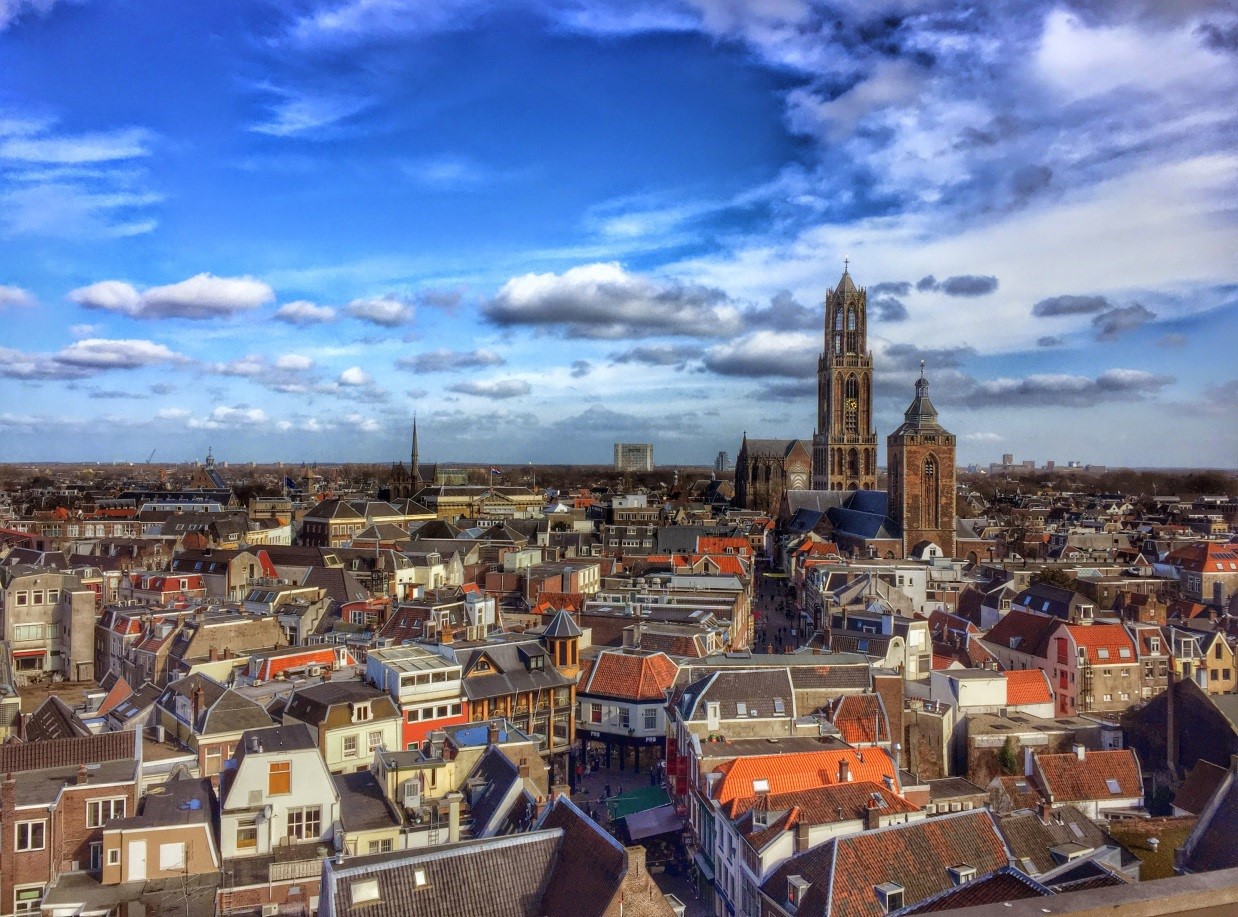Introduction to Islamic Manuscript Culture
In May 2019, UCLA hosted a workshop on Islamic manuscripts and manuscript culture sponsored by the UCLA Center for Near Eastern Studies and co-sponsored by UCLA’s Islamic Studies Program, Library Special Collections, Charles E. Young Research Library, the Department of Near Eastern Languages and Cultures, and the California Rare Book School. Participants obtained hands-on experience using the Collections at the Charles E. Young Research Library.
UCLA has recently made the presentations from this workshop available to the public, as well as PDF’s of lecture material, which can be accessed here.

Qiṣṣat al-Sindbād al-baḥrī wa-l-Hindbād al-barrī, UCLA Bound Manuscript Collection, MS 170/46, fol. 10r. Special Collections, Charles E. Young Research Library.
Topics included:
Overview: Luke Yarbrough, Near Eastern Languages and Cultures (UCLA)
Session 1 – An Introduction to Codicological Studies; Writings Materials; Parchment and Paper
Evyn Kropf, Librarian for Middle East Studies and Religious Studies; Curator of Islamic Manuscripts (University of Michigan)
Session 2: Structures: The Codex and Beyond; Bindings
Evyn Kropf (University of Michigan)
Medical and Scientific Manuscripts at UCLA
Alexandre Roberts, Classics (USC)
Session 3: Layout / Ruling, Media, and Ornament; Scripts and Hands
Evyn Kropf (University of Michigan)
Visual and Artistic Elements in Islamic Manuscripts at UCLA
Lamia Balafrej, Art History (UCLA)
Session 4: Paratexts, Annotations, Marks of Ownership
Evyn Kropf (University of Michigan)
“Text and performance through the manuscripts of al-Ḥarīrī’s Impostures”
Michael Cooperson, Near Eastern Languages and Cultures (UCLA)
Session 5: “Overview of Describing Manuscripts”
Evyn Kropf (University of Michigan)
“Demonstration of Describing a Manuscript”
Evyn Kropf (University of Michigan)
© International Qur’anic Studies Association, 2019. All rights reserved.

 The
The 